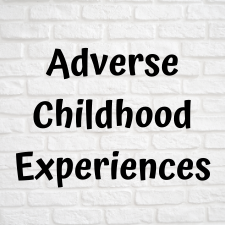
There is a public health alert issued by the U.S. Department of Health and Human Services that says right now we are in the midst of an opioid overdose epidemic.
In fact, the Centers for Disease Control and Prevention reports that overdoses involving opioids killed more than 42,000 people in 2016, and three out of five drug overdose deaths involve opioids. New research shines a light on the importance of psychosocial interventions for those who may have chronic pain and opioid use disorders.
The Journal of Opioid Management published the research in their September/October 2018 issue.
In which scientists aimed to assess the research conducted regarding psychosocial interventions for chronic pain and opioid use disorders. To conduct the assessment, they reviewed studies that had been published on the topic from 1993 through July 2016. The studies they evaluated were gathered from several sources and were ones that included psychosocial interventions for chronic noncancer pain.
There were 56 peer-reviewed research articles that met the criteria and were assessed for this study.
They reviewed the psychosocial interventions for the chronic noncancer pain, with treatment modalities including
- cognitive behavior therapy
- mindfulness-based cognitive therapy
- mindfulness-based stress reduction
- commitment therapy
- chronic pain self-management programs
They found the psychosocial interventions for opioid misuse included motivational therapy, relapse prevention, contingency management, motivational enhancement therapy, and self-help and peer-based groups.
What the results of their assessment of these 23 years worth of published research articles showed was that it’s important to reinforce the psychosocial interventions for those with chronic noncancer pain who have opioid use disorders. Yet they also found there is little data available that can be used to guide health professionals in treating these patients, pointing to the fact that more research on the approaches is needed.
There is no doubt that it is important to include more psychosocial interventions for those who have chronic noncancer pain and also have an opioid use disorder. Pain management professionals should familiarize themselves with these interventions, including helping patients be able to utilize coping strategies and problem-solving skills. The more practitioners can guide their patients toward coping strategies the better of their patients will mostly like be. Chronic noncancer patients who want to explore more psychosocial interventions may want to ask their pain management team to include them in their treatment plan.
Sources:
Centers for Disease Control and Prevention. Overview of the drug overdose epidemic. https://www.cdc.gov/drugoverdose/data/index.html
Journal of Opioid Management. Psychosocial interventions for chronic pain and comorbid prescription opioid use disorders. https://www.ncbi.nlm.nih.gov/pubmed/30387858







